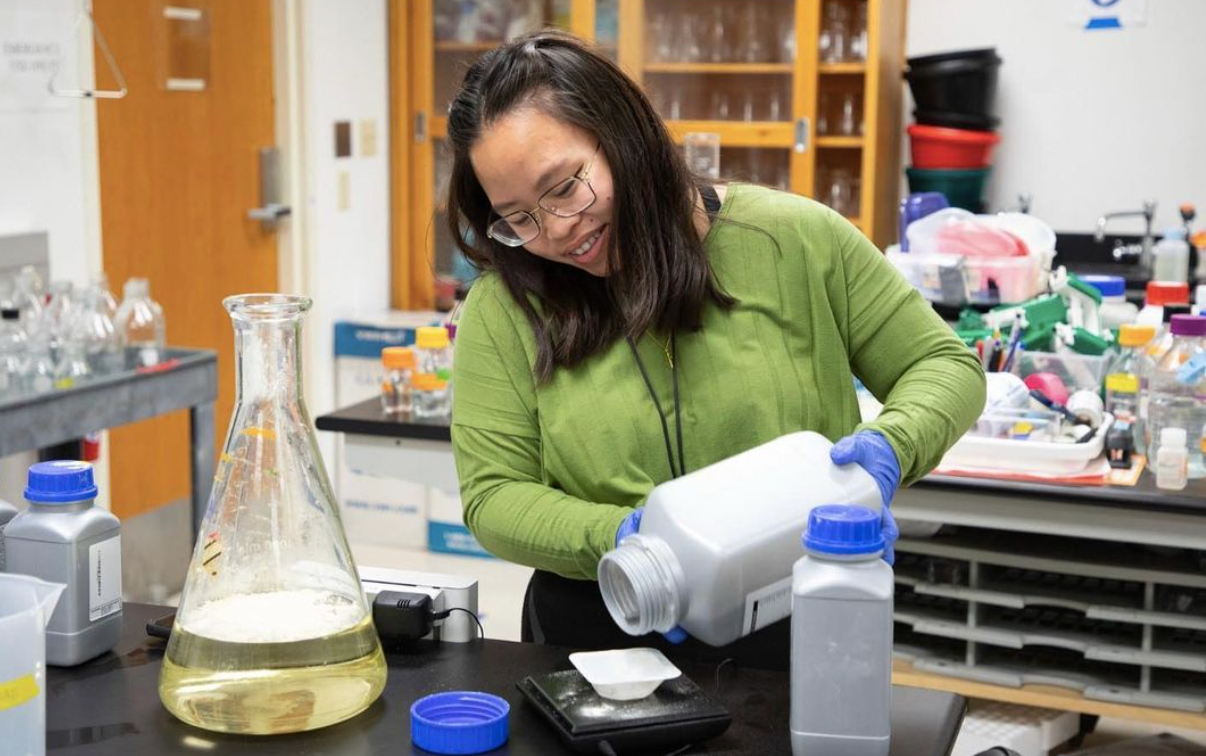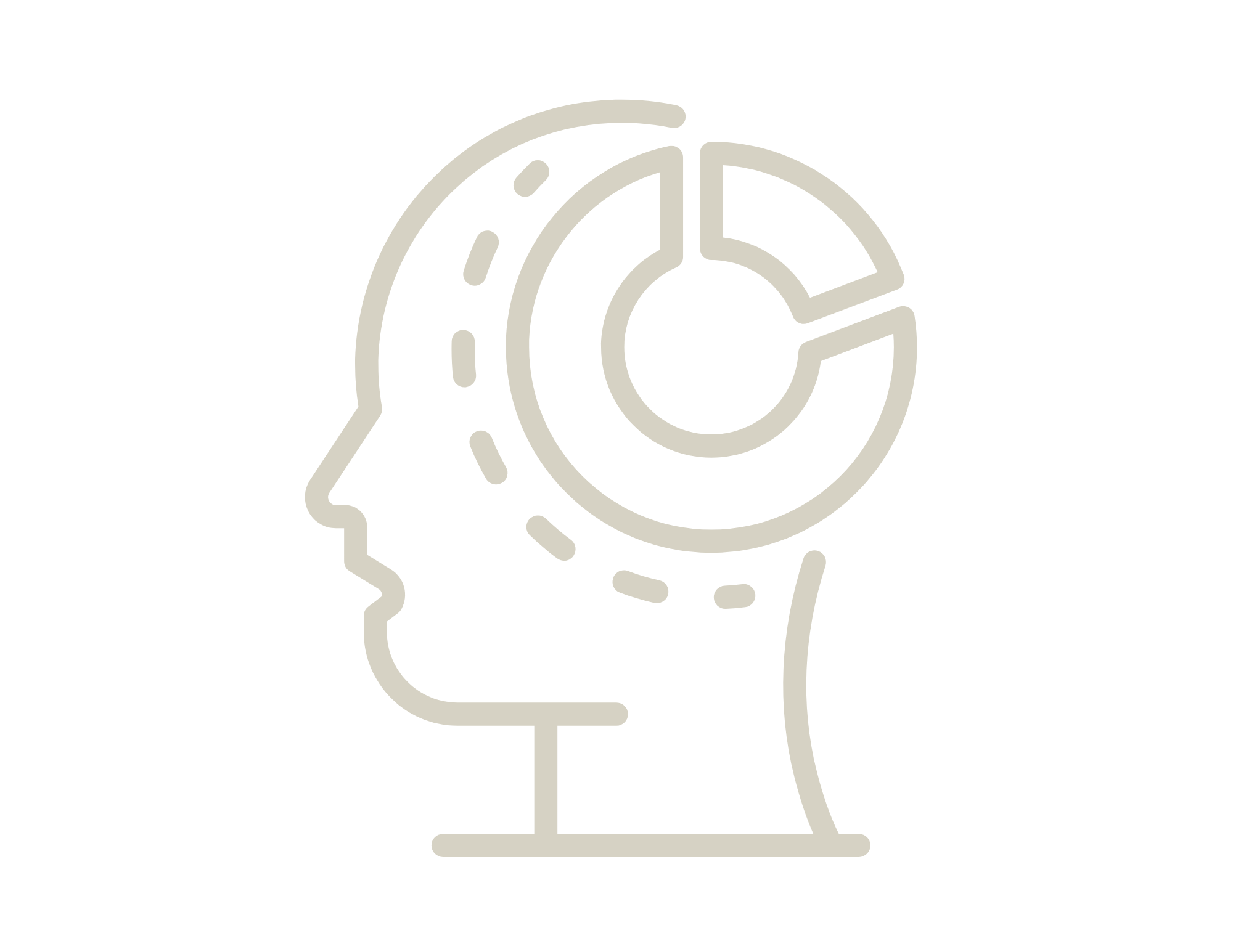
Our Research
Identifying new drug leads using traditional methods is an expensive and time-consuming process. This research stream uses both computational and wet lab techniques to discover new drugs in a more efficient way. First, a molecular docking program is used to sift through libraries of chemical structures and predict which ones may bind to a protein that is a potential drug target. Results are visually analyzed with molecular graphics software and ranked according to predicted binding affinity scores. Then, DNA cloning and protein expression protocols are implemented in the lab to produce the target protein for testing the top potential drugs in binding or enzyme assays.


Our Strategy
Researchers in our stream aim to identify new drugs from virtual libraries of drug-like molecules using a combination of wet-laboratory and computational research techniques. In addition, students develop several transferable skills including problem solving, troubleshooting, iteration, critical reading of published research articles, data analysis – (graphical, numerical, visual), presenting research to peers and outside audiences, project management, collaboration skills, leadership, and networking.
In the Virtual Cures Stream, we focus on:
Wet-Laboratory Skills
- DNA cloning
- Polymerase Chain Reaction (PCR)
- transformations
- protein expression in bacterial culture
- protein purification & characterization
- thermal melt assays
- ligand binding assays
- spectrophotometric enzyme activity assays
- competitive inhibition experiments
Computational Techniques
- molecular visualization of protein structure
- command line scripting
- remote access and docking job submission on multi-processor cluster computers

Our Impact
Infectious disease and the rise of antibiotic resistance is an ever-increasing threat to humankind as the fittest etiological agents survive impacting hundreds of millions of individuals worldwide. In contrast to traditional approaches of high throughput screening, rational drug design uses structural data to address the molecular basis for how novel compounds act as therapeutic agents. As we can better understand how novel drugs work, we can develop preemptive strategies for combating these diseases and preserving global health for all.
Our Team

Josh Beckham
- Associate Professor of Practice
- Freshman Research Initiative
- College of Natural Sciences
Resources
Course Credit
Research Outcomes
- Copenhaver, K*. Discovery of Inhibitory Biomolecules of D-Alanine: D-Alanine Ligase of Staphylococcus aureus Using High-Throughput Virtual Screening. Texas Undergraduate Research Journal, The University of Texas at Austin 2021.
- Procko, K., Bakheet, S.*, Beckham, J. T. , Franzen, M. A., Jakubowski, H., Novak, W. R. P. Modeling an Enzyme Active Site using Molecular Visualization Freeware. J. Vis. Exp. (178), e63170, (2021).
*undergraduate researcher
Walter Fast Memorial FRI Summer Research Fellowship
Dr. Walt Fast was one of the original principal investigators of the Virtual Cures Stream. In honor of Dr. Fast's outstanding impact on undergraduate research, FRI has dedicated the Virtual Cure Stream's FRI First Year Summer Research Fellowships in his name. FRI and ARI students participating in their first summer research experience (following their first spring semester with the program) in this stream are encouraged to apply.
